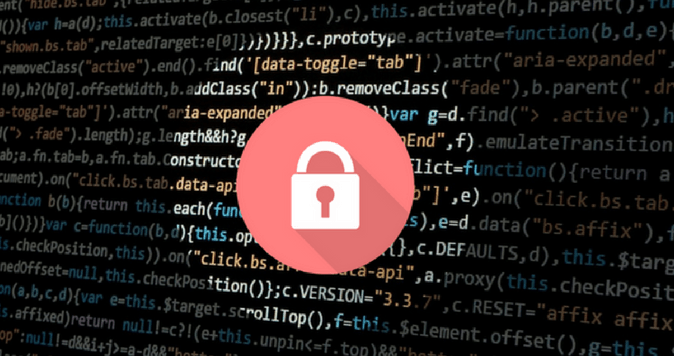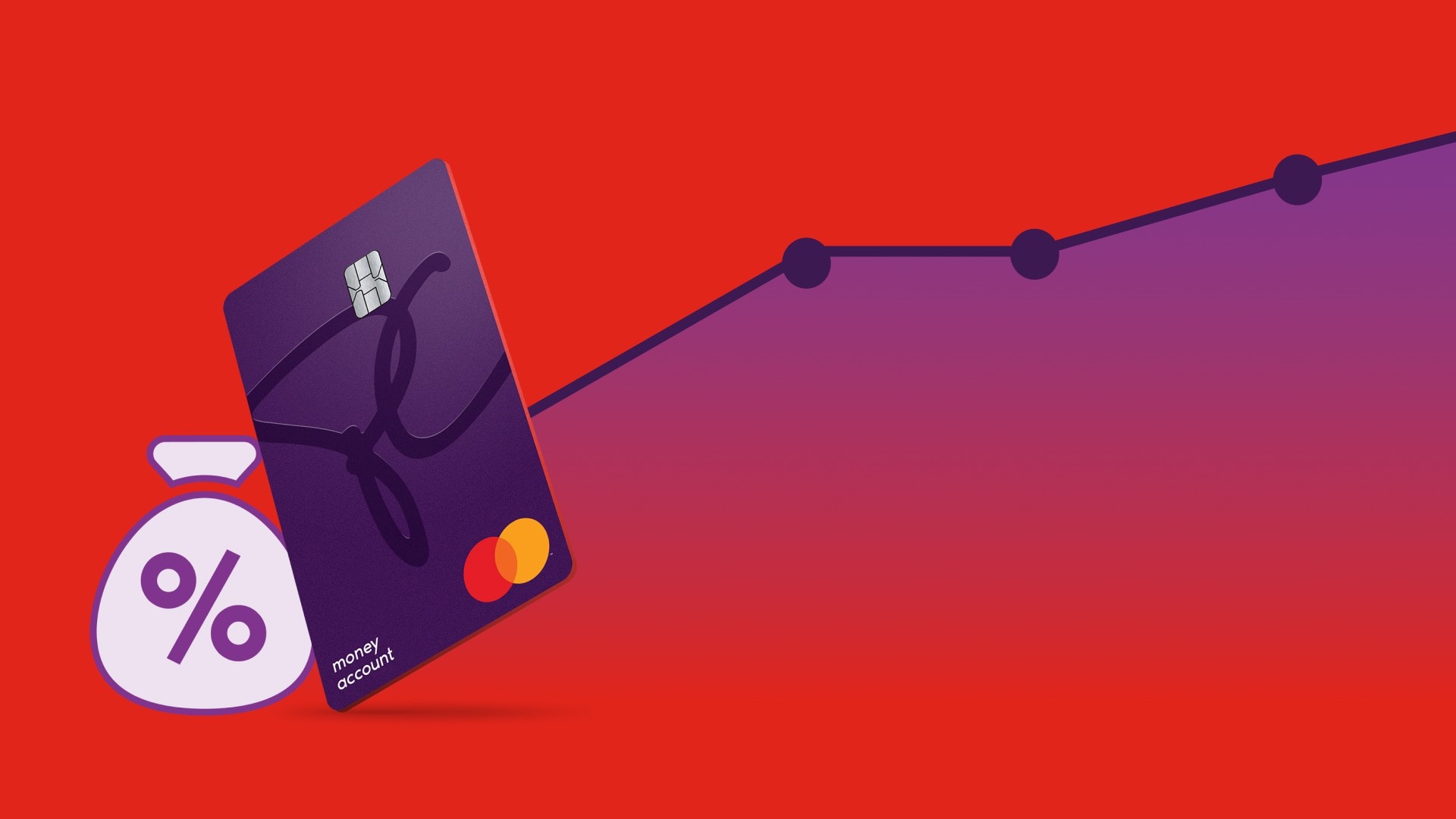Identity Crisis

Anyone who has ever misplaced a purse or wallet knows that feeling: a white hot flash of panic as you realize it’s missing. The minor loss is likely the few bucks plus change that was inside. The major problem? You’ve lost critical identification and credit cards, potentially risking your financial security.
Identity fraud, in which your personal information is used by an imposter to commit crimes, open accounts or make purchases in your name, happens more often than you might think, even to the most tech-savvy people.
Thieves steal information such as names, addresses, phone numbers, social insurance numbers, credit cards and other banking information, driver’s licence numbers, birth certificates and passports. To do it, they might steal your mail, prey on online information, or use devices they’ve installed on a store’s payment processing equipment to read your card’s magnetic strip. And once they’ve taken it, they may have access to your money and may be able to finance spending sprees, open new bank accounts, get loans or lines of credit, redirect your mail, apply for social benefits and even give you a false criminal record.
Be a fraudster’s worst enemy – help protect yourself against identity theft using these key fraud prevention tips:
Never carry more identification or credit cards with you than absolutely necessary. You rarely need your SIN card, birth certificate or passport while running daily errands or at work.
Protect your passwords and PINs. Never share them with others. Shield your PIN from view at the register, don’t pick easily guessed codes (such as birthdates) and strengthen and change them frequently. Memorize them – never write them down. When paying, hang on to your card or, if that’s not possible, keep it within sight.
Review your utility bills, bank fees and credit card statements right away. Remember that you can and should challenge any transactions that look unfamiliar. Shred financial documents, pre-approved credit offers and bills before discarding them.
Don’t leave your purse open or in plain sight in a car, even if the doors are locked.
Recognize the signs of “phishing” – deceptive emails or web pages used to trick users into providing passwords as well as personal or financial information. Often, phishing emails look similar to e-communications sent by legitimate brands. Do not respond to any email requesting personal information, especially banking details or passwords. Deal only with reputable, established companies when making online credit card purchases or banking transactions. If you’re ever unsure, look up the company’s phone number and give them a call to confirm. Don’t just call the number the email provides, if there is one. It could be part of the scam.
Never allow a company or institution to use your SIN as an identifier. Don’t give your SIN, bank or credit card information over the phone unless you have verified that the recipient is legitimate. If in doubt, ask callers for written information, references and time to think over any offers. If you’ve called them, make sure the number you dialed comes from a trusted source, such as the number on the back of your credit card or a number you already have, not an unusual email request.
Social media is a fun way to connect with family, friends and peers but be cautious about what information you share online. You can even take the next step and remove your birthday and address from your profile. Otherwise, boost your privacy settings so that only your closest friends and family can view this information. Password-protect your mobile devices and turn off the Bluetooth settings when not in use.
Keep your mail safe. Arrange for the post office to hold it when you go out of town or ask a trusted family member or friend to pick it up for you.
Request and review a copy of your credit report at least once a year to make sure that it is accurate. Canada has two national credit bureaus, Equifax Canada (1-800-465-7166, www.equifax.ca (opens in a new window)) and TransUnion Canada (1-800-663-9980, www.transunion.ca (opens in a new window)).
If you suspect you’ve been a victim of identity fraud, report it to the police immediately, especially if it involves stolen ID. The Canadian Anti-Fraud Centre (
) offers up-to-date information and guidance. Report stolen credit cards to issuers immediately and request new cards. Notify your bank if your bank card or cheques were stolen, your local Service Canada office if you believe someone else has used your social insurance number, and Canada Post Postal Security (http://www.canadapost.ca/postalsecurity (opens in a new window)) if you suspect your mail was stolen.
General information not about PC Financial products is provided for your reference and interest only. The above content is intended only to provide a summary and general overview on matters of interest and is not a substitute for, and should not be construed as the advice of an experienced professional. The PC Financial® team does not guarantee the currency, accuracy, applicability or completeness of this content.


